How inflated ego and denial can lead to frustration in relationships.
We all want to believe we are exceptional, worthy of love, and like the Lake Wobegone kids, above average. This “above-average effect” is very common.
Inflated ego and above-average effect?
Most high school seniors rate themselves in the top 25 percent (and 25 percent of those say they are in the top 1 percent). This isn’t just a math deficiency. About 94 percent of college professors say they’re above average in their teaching. It defies logic, but it doesn’t surprise. (What does seem odd are those bummed-out 6 percent of professors who think they are below average. Maybe a therapy referral would help?)
Other examples of above average effect abound: doctors predict they will be better at diagnosing than they actually are, and corporate CEOs are confident they are worth every penny of their colossal salaries. Incompetent people exaggerate their abilities the most. This is called the Dunning-Kruger effect, and it’s found among undergraduate students taking exams, where the worst test takers are the biggest exaggerators or their abilities. It is also found among medical students doing interviews. The worst have the biggest need to embellish, and the best and brightest don’t need to brag.
Read The Dunning-Kruger Effect (And How To Avoid This Cognitive Bias)
Inflated ego in relationships
Lovers also have an inflated ego, which can make it hard to come to a consensus. If you think your opinion is right (and of course you do), then why should you listen to your spouse’s foolish idea? But they are thinking the same thing, and this sets up a contest of wills.

Partners also overestimate. She says she will get home sooner than she does (“just 15 more minutes, I swear”), and he thinks he will feel more amorous tomorrow. They both think they’ll be ready to leave sooner than they are. Not surprisingly, partners overestimate how much time they spend doing dishes, and men particularly overestimate how much they help around the house. When partners are asked what percentage of housework they each do, the totals add up to about 120 percent.
Everyone is protective of their delicate ego. We happily believe flattery, which is often just as distorted as the criticism we reactively dismiss. Harvard psychologist Daniel Gilbert had volunteers take fake personality tests that were “evaluated” by experts. The volunteers then got detailed, insulting feedback from a psychologist. The feedback was, of course, false. The participants—hopefully well compensated—were told they had few good qualities, or that others liked them because they were not a threat (psychologists are hilarious).
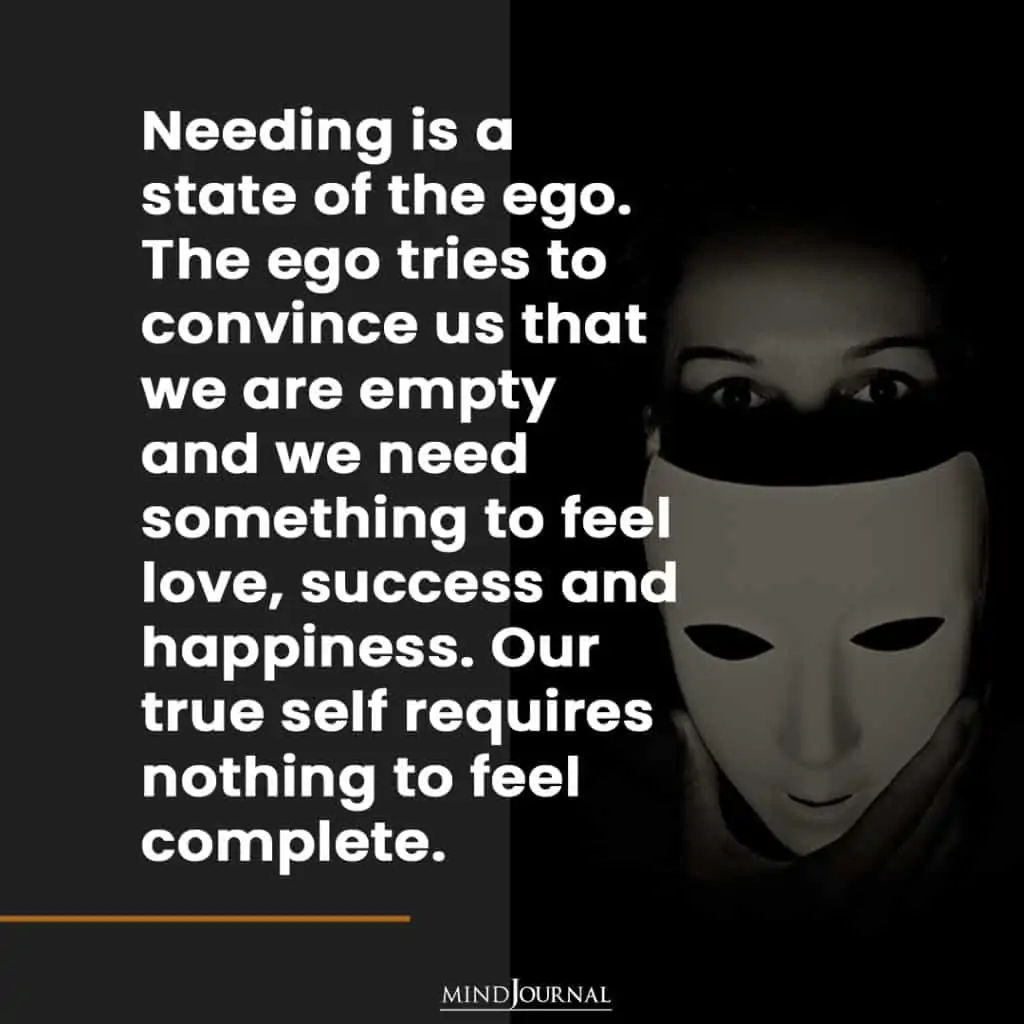
Read What You See First Reveals Your Deepest Unconscious Fear: Visual Personality Test
Of course, people were miffed. Who wants to be told their purpose in life is to help others feel better by comparison? But participants quickly found reasons to deny the credibility of the exam or the psychologists. They told themselves: “They obviously don’t know the real me,” or “They are dumb to think that.” They probably would have eagerly believed the fake feedback if it was that they were amazing.
However, the researchers had another volunteer observe the psychologist giving the harsh results to the volunteer. The interesting thing was that the witnesses became more upset than the recipients of the rude evaluations. Why? The recipients were more likely to put up defenses and dismiss the feedback. The observers weren’t being attacked, so they just heard the rude evaluations and didn’t like seeing someone getting picked on. But those receiving the beat down simply “rejected the unbearable” (Freud’s term) criticism from the psychologist.
Psychological immune system
Gilbert calls this the psychological immune system. Like our physical immune system, it mostly monitors the environment and springs to the ready when something happens, like a flesh wound or the flu. Similarly, when we are psychically attacked, our denial system activates and rushes the threats out the door.
Minor irritants do not activate the immune system, because it would be counterproductive to respond to every little thing. When the body’s immune system is overreacting, as in the case of allergies or auto-immune inflammation, it’s a bad deal. If the psychological immune system is hyper-reactive then denial flares up at the slightest threat, and this results in a person who is constantly offended over any perceived slight.
When I talk with couples about denial, they can usually spot it. The problem is that they see it in each other, which is a kind of denial about denial. This is understandable because admitting denial is hard. However, it is important to live in reality, and the reality of a relationship includes both perspectives. Using both eyes gives depth to your vision, and hearing both partners’ perspectives brings more accuracy to your relationship.
To better understand the above average effect and inflated ego refer to video:
References Mlodinow, Leonard. (2012). Subliminal: How Your Unconscious Mind Rules Your Behavior (New York: Harper Collins, 2012). Jacqui Gabb, Martina Klett-Davies, Janet Fink, and Manuela Thomae, "Enduring Love? Couple Relationships in the 21st Century." Survey Findings Report. Milton Keynes: The Open University (2013): 1-96. David Dunning, Kerri Johnson, Joyce Ehrlinger, and Justin Kruger. "Why People Fail To Recognize Their Own Incompetence." Current Directions in Psychological Science 12, no. 3 (2003): 83-87. Daniel T. Gilbert., Matthew D. Lieberman, Carey K. Morewedge, and Timothy D. Wilson, "The Peculiar Longevity of Things Not So Bad," Psychological Science 15, no. 1 (2004): 14-19.
Written by: Jason Whiting PhD. For consulting and workshops or treatment and supervision click here Originally appeared on Psychology Today Republished with permission
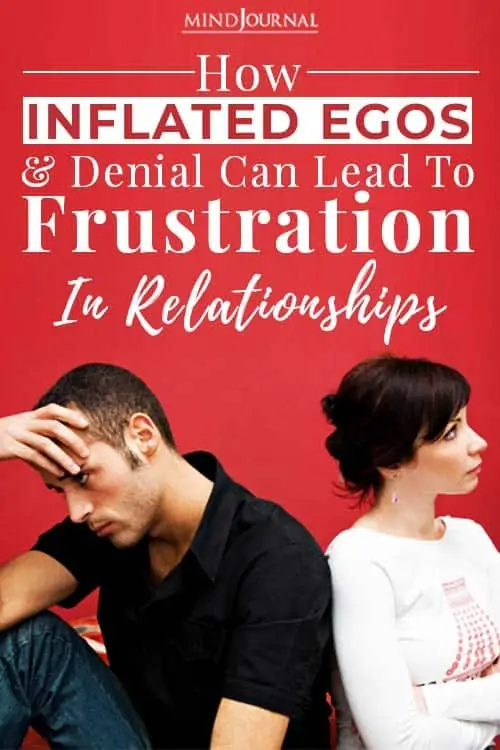
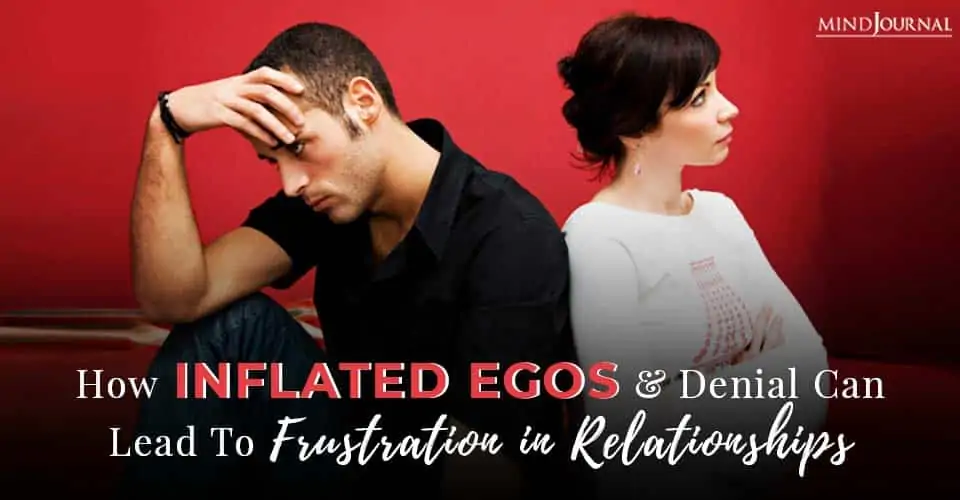
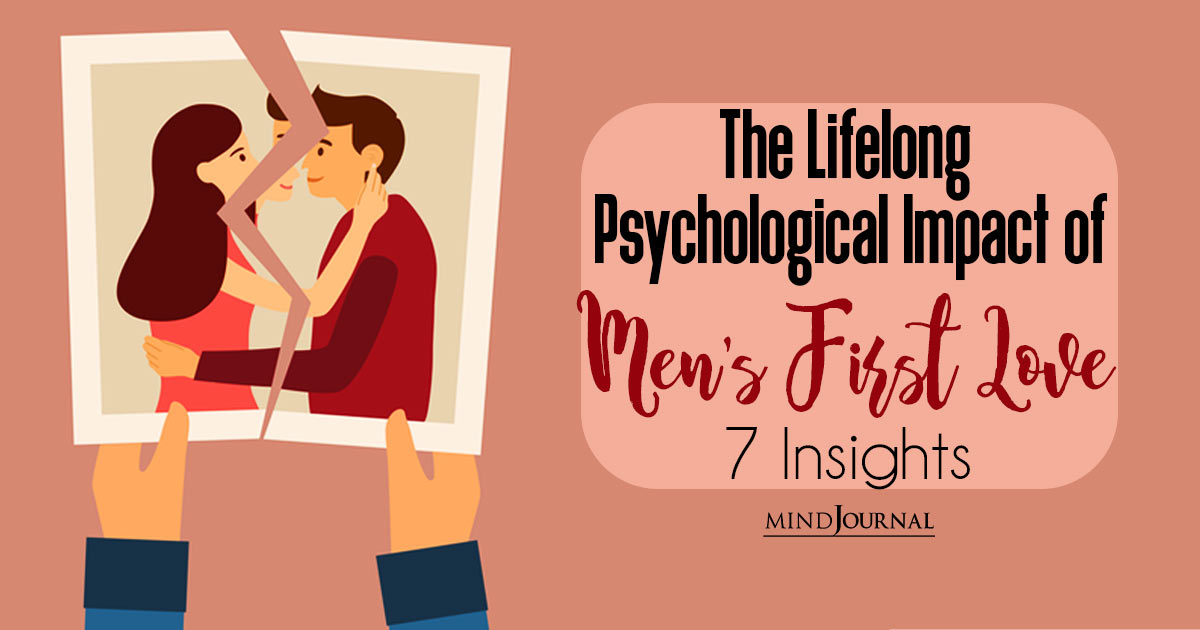

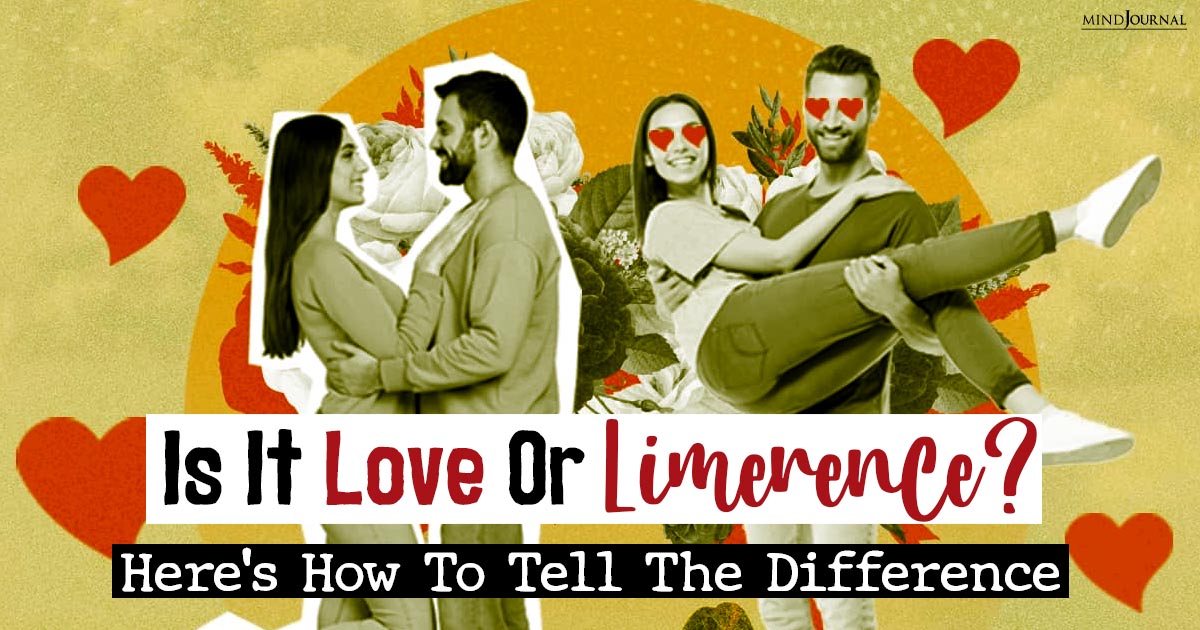
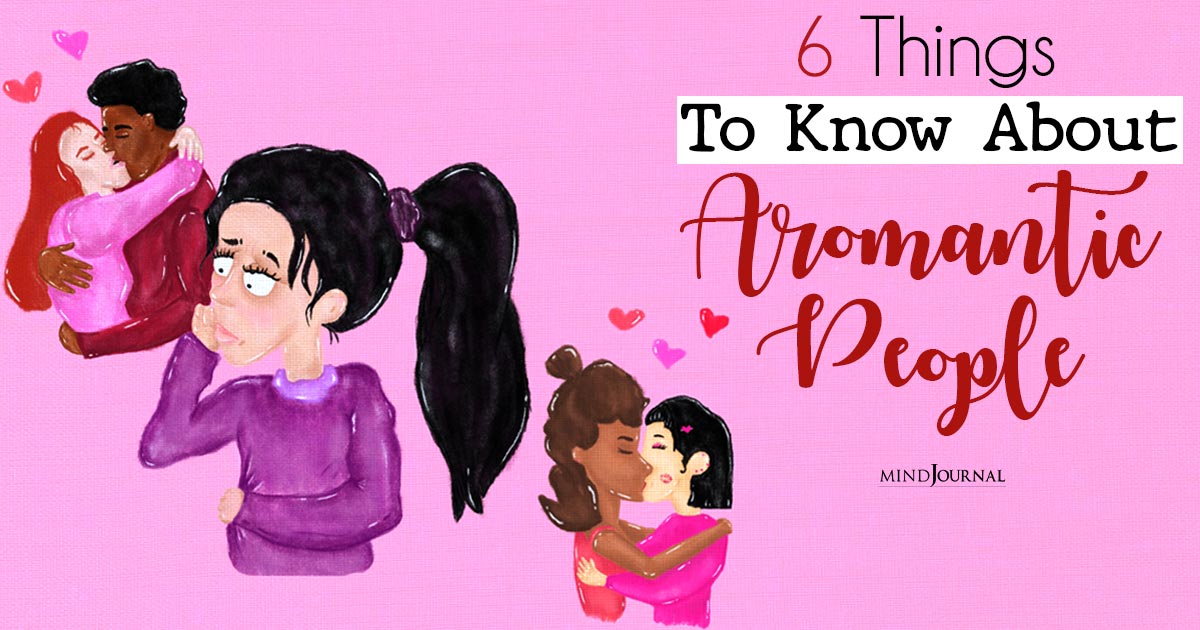



Leave a Reply
You must be logged in to post a comment.